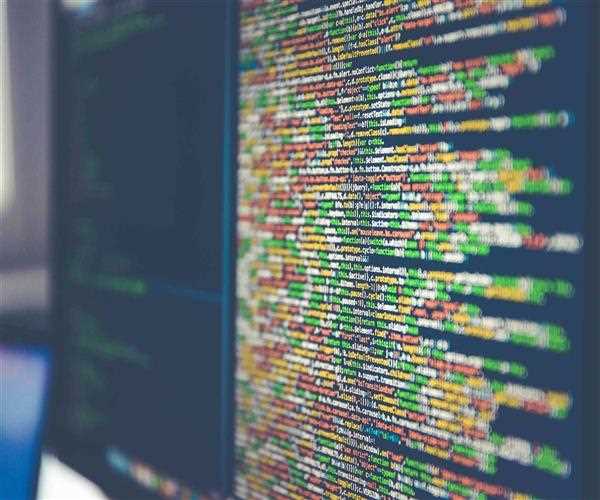Long before the internet became a commonplace concept, security threats through malware have always been a problem. In this 21st century, the internet has opened a gateway to thousands of opportunities presenting themselves on an easy platter, accessible and convenient to use. However, through this same gateway, the endless possibilities of cybercrimes are inherent.
For students, this presents a whole new level of problems. With the global pandemic that forced students and teachers to adopt technology into the classroom, ensuring student privacy should also be thoroughly discussed.
In the educational setting, sometimes the school will enter the student’s private information without permission from their parents, so they should ensure education privacy laws to protect this information.
Online Identity Theft
Online identity theft is a serious crime that affects millions of people each year. It happens when a fraudster gains access to your PII (Personally Identifiable Information). It is done by planting malicious software on your computer and then tricking you into clicking it. This is a serious problem because your digital PII includes your private information like your driver’s license, bank account number, and other sensitive information.
It might be more subtle for students than planting malicious software, and it could be through a remote attack. These days information such as attendance, grades, discipline, even health records are shared online. New technologies have been developed to be used in the classroom, and this information is then shared with third parties for storage and safekeeping. Some schools do not go through the necessary measures to ensure student data privacy.
Online theft constitutes severe problems because the fraudster can assume your identity and might use it to commit a whole lot of other financial crimes such as tax debt and damaged credit. They can also incur a lot of debt and recognition to your name, leaving you stranded trying to offset the bills.
For students, it might lead to victimization. If their private information is not stored correctly, a third party could get their hands on it and leak this out in public. If this happens to a student who has bad grades or health records, it can be bullying.
How To Avoid It
For schools:
Minimize Data Collection
It is customary for schools to collect information on students to ensure that their progress is carefully and correctly followed. Still, a collection of data should be minimized to avoid the risk of theft or leakage.
Purge Unnecessary Records
Educational institutions should develop a means of deleting or purging their student records systems that are no longer necessary. This is especially important for students who are no longer under the premise of the said institution.
Educate Students
Sometimes students themselves put their information online without proper security verification. The institution should teach them the dangers of this and how to avoid security attacks.

For students:
Store Information Safely
Your Emails, passwords, and private information are essential, and whatever app or site you use must have a data privacy law to keep all these safe. As students, online help is not unusual, but remember to only use safe sites like Ca.EduBirdie that do not require the use of any sensitive information. These sites are best for pupils as you can maintain 100% anonymity by using fake usernames, which is imperative in protecting student privacy.
Use Strong Passwords
When accessing digital security tools online, you need to use strong passwords, including letters, numbers, and symbols. It is a great idea to use separate passwords for all your devices without sharing this with anyone else. If you are bad at remembering passwords, you can use a password manager to help store them.
Guard Your Numbers
Your social security number, driver’s license number, credit or debit card numbers, name it, they are so valuable, and fraudsters are always on the lookout for them. Guide these numbers doggedly, without trusting anyone with it.
If anyone steals any of these numbers, then they can assume your identity and commit crimes with it. You stand not only the chance of risking your future but also going to jail if your identity is used to commit a crime.
Methods Of Data Protection That Can Be Used By Educational Institutions
Use Encryption
To put an end to private information stealing, data encryption is one sure way by which data can be safely stored. This is the process of encoding information into unreadable texts called ciphertexts. Only authorized persons can unscramble the ciphertexts back into readable texts.
Randomize Data
Randomizing data is one sure means of how to handle students’ personal information. Generate random usernames that are not related to the student; this way, even if there’s a leak, the user ID can not be traced.
Vet Vendors
Whatever third parties you use in storing intonation, ensure they properly understand the essence of privacy and how a data leak can affect a student’s life. Ensure they have taken the student’s data privacy pledge and genuinely comply with the guidelines.
Conclusion
Technology is fast-paced, and new apps are being created every day. While this may be helpful in the classroom, data privacy must be considered before using any of this. As an institution, students must be educated on the dangers of digital identity theft and how it might avoid them.




Leave Comment